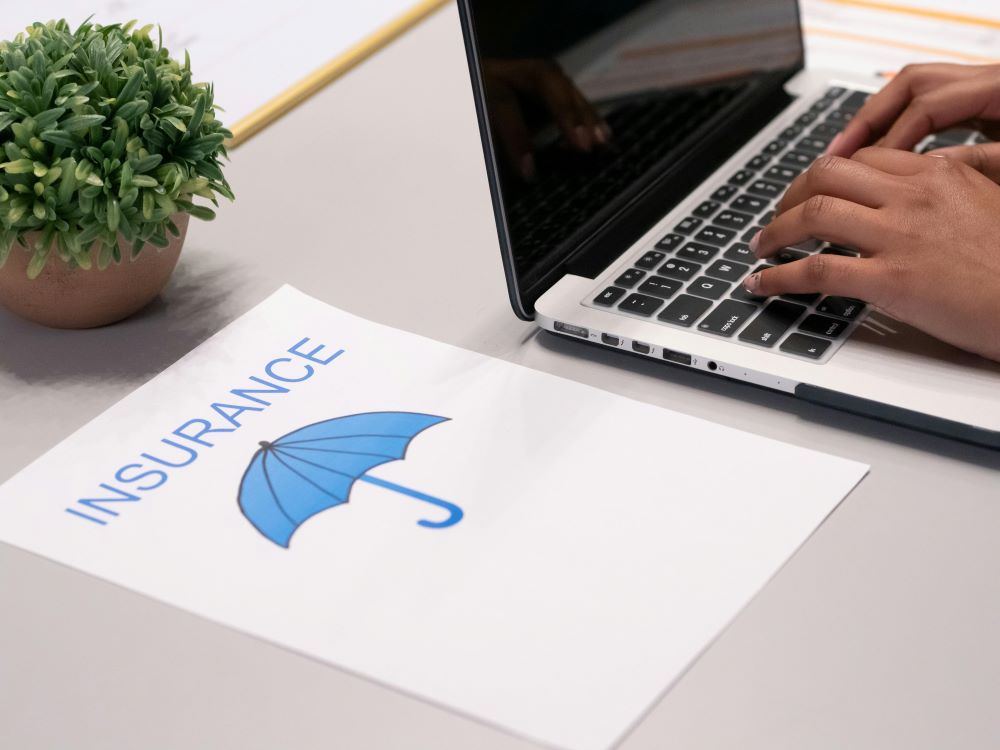Following the dos and avoiding the don’ts can significantly influence the outcome of your claim.
Finding the way through the world of insurance can feel like venturing into uncharted territory, especially after an accident. Your words and actions can significantly impact the outcome of your claim. In this article, we’ll discuss the dos and don’ts of communicating with insurance companies during these trying times to ensure you’re on the right track.
The Dos:
Do Report Promptly
When it comes to reporting an accident, speed is your ally. The moment the incident occurs, promptly notify your insurance company and file an accident report. The faster they become aware of the situation, the smoother and more expedited the claims process can be set in motion.
Think of it this way: Swift notification is akin to applying lubricant to the wheels of your insurance claim. It ensures that the process runs seamlessly and efficiently, minimizing delays and hurdles along the way. So, remember, when in doubt, don’t wait; report promptly and set your claim in motion without unnecessary friction.
Do Document Thoroughly
Thoroughly document the accident. Capture the moment with photos, gather contact information from everyone involved, and secure witness statements. The more information you have, the better your position. It’s like assembling the pieces of a puzzle for a clearer picture.
Do Stay Truthful
In the world of insurance, honesty is your strongest ally. Provide precise and complete information about the accident. Misrepresenting facts can throw a wrench in your claim. Stay true to the facts; it’s the highway to a successful resolution.
Do Keep Records
Maintain a comprehensive record of all your interactions with the insurance company. This includes emails, letters, and notes from phone calls. It’s like having a well-organized toolbox if disputes or discrepancies arise.
Do Understand Your Policy

Take the time to understand your insurance policy. Being familiar with what’s covered and the limitations can give you the confidence to navigate the process smoothly. Think of it as having a roadmap to guide you through the insurance terrain.
The Don’ts
Don’t Admit Fault
Avoid admitting fault, even if you have a suspicion that you might bear some responsibility for the accident. Leave the task of fault determination to the experts and investigators. Your role is to provide precise information, not to cast blame.
Don’t Accept the First Offer
Refuse to succumb to the temptation of quickly accepting the initial settlement offer. This preliminary proposal tends to be a conservative estimate, and you may be entitled to a more substantial compensation. Exercise patience in assessing the offer thoroughly and consider seeking advice from a legal professional if necessary.
Don’t Sign Without Review
Before putting pen to paper, ensure that you fully comprehend the documents. Some agreements might inadvertently waive your rights or carry legal consequences. Always take the time to read and understand the fine print. It’s like checking the terms and conditions before clicking “I agree.”
Don’t Provide a Recorded Statement
Exercise caution when providing a recorded statement to the insurance company without legal counsel. They could potentially use it against you during the claims process. It’s wise to seek advice before proceeding.
Don’t Go It Alone
Dealing with insurance matters can be intricate and overwhelming. If you find the process challenging, do not hesitate to seek legal advice. An Albuquerque car accident lawyer can offer guidance to safeguard your rights and interests to ensure you’re not alone in this complex journey. It’s like having a seasoned guide in unfamiliar territory.
Conclusion
Speaking to insurance companies after an accident can be a delicate dance. Following the dos and avoiding the don’ts can significantly influence the outcome of your claim. Remember, it’s essential to be truthful, document thoroughly, and be cautious about the information you provide. Seeking professional guidance and staying informed about your policy are crucial steps to ensure a smoother insurance claims process.


Join the conversation!